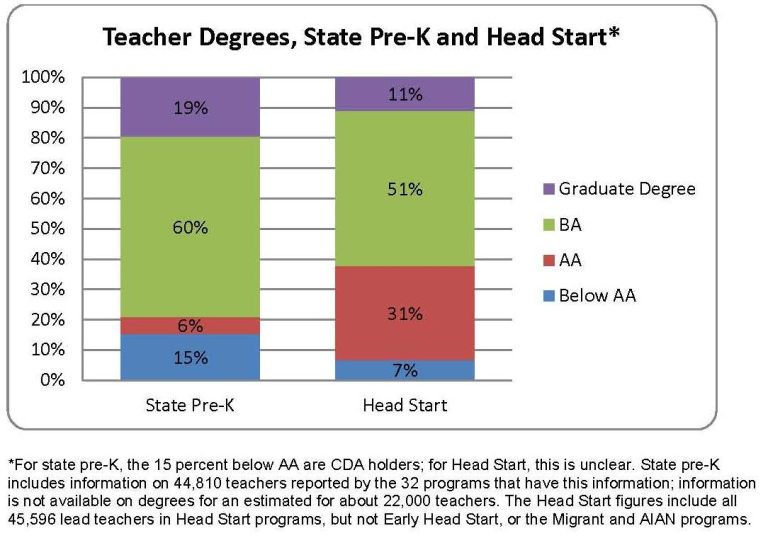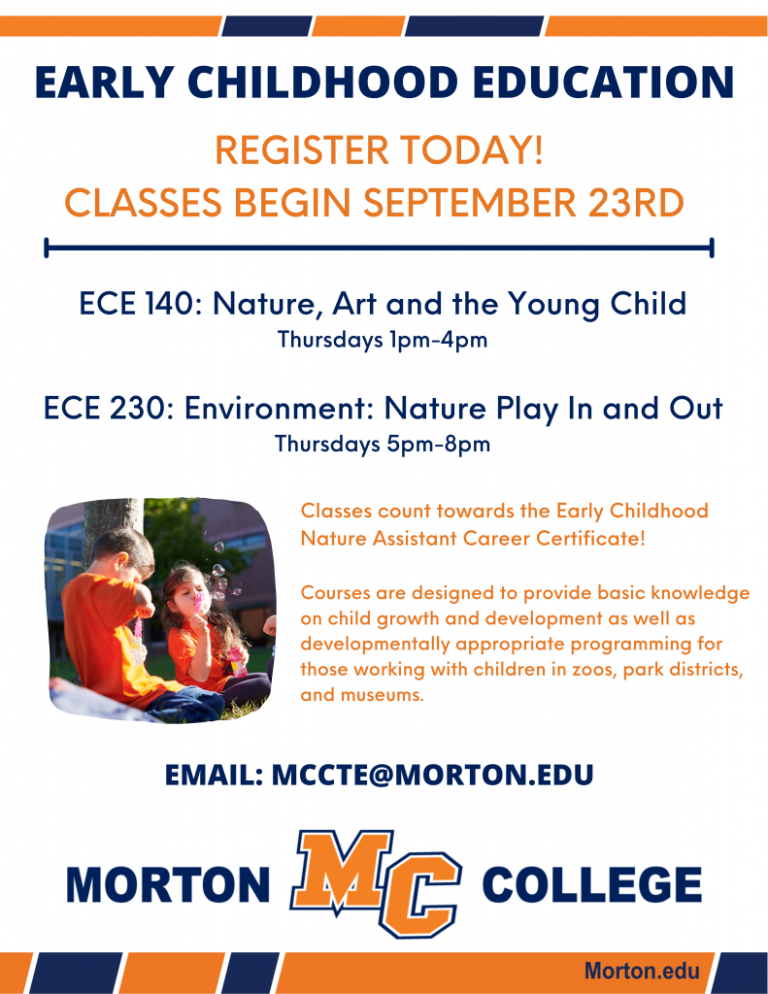What Do Early Childhood Educators Do : Unveiling Their Vital Role
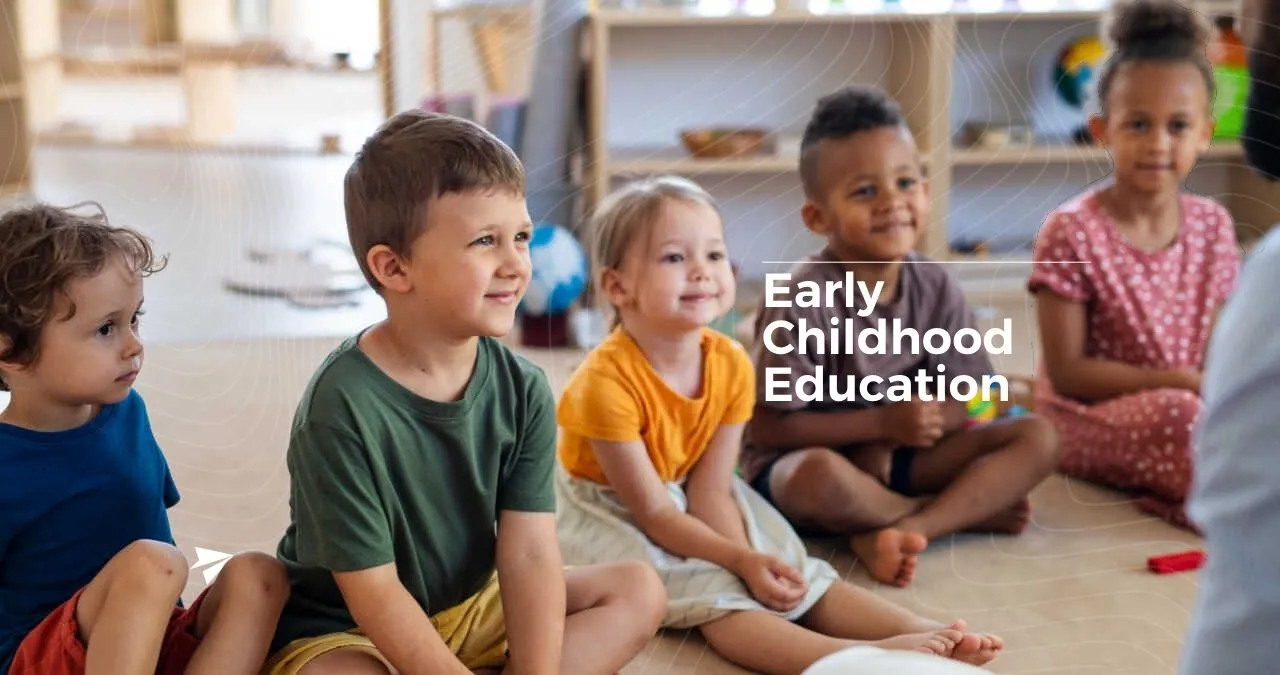
Early childhood educators nurture and educate young children in various learning environments. They create developmentally appropriate activities.
Early childhood educators play a vital role in shaping the foundation for a child’s future academic success. They provide a safe and supportive environment for children to learn and grow. These professionals foster social, emotional, and cognitive development through play-based learning.
By observing and assessing children’s progress, they tailor instruction to meet individual needs. Additionally, they collaborate with families to support children’s holistic development. Overall, early childhood educators are essential in laying the groundwork for lifelong learning and development.

Credit: www.thingstoshareandremember.com
Defining Early Childhood Education
Early Childhood Education (ECE) plays a pivotal role in shaping the future of young children. It encompasses a range of practices and methodologies that focus on the cognitive, social, emotional, and physical development of children during their early years. Early Childhood Educators are responsible for laying the foundation for a child’s lifelong learning journey. Let’s delve into the defining aspects of Early Childhood Education and explore its age range, objectives, and significance.
Age Range Of Early Childhood Education
The age range for Early Childhood Education typically spans from birth to around eight years old. This crucial developmental phase encompasses preschool and the early years of elementary school, where children are in the process of forming their fundamental skills and attitudes towards learning.
Objectives Of Early Childhood Education
The primary objective of Early Childhood Education is to foster a nurturing and stimulating environment that promotes holistic development. This includes cognitive growth, social interaction, emotional well-being, and physical health. Through age-appropriate activities and experiences, educators aim to instill a love for learning and cultivate essential skills that lay the groundwork for future academic success.
Importance Of Early Childhood Education
Early Childhood Education plays a pivotal role in shaping a child’s future. It sets the stage for a lifetime of learning, nurturing essential skills and fostering a positive attitude towards education. Research has shown that quality early childhood education can have a lasting impact on a child’s academic performance, social adaptability, and overall well-being.
Who Are Early Childhood Educators?
Early childhood educators are professionals who are responsible for nurturing and educating young children during their crucial developmental years. These educators play a vital role in providing a safe and stimulating learning environment for children, encouraging their cognitive, social, and emotional growth.
Job Description
Early childhood educators are tasked with creating and implementing age-appropriate curriculum, activities, and routines that promote learning and development. They supervise and interact with children, fostering positive relationships and addressing their individual needs. Additionally, they communicate with parents and caregivers, providing updates on children’s progress and addressing any concerns.
Qualifications
To become an early childhood educator, individuals typically need to obtain a relevant educational background, such as a degree in early childhood education or child development. Many positions also require certification or licensure, which may involve completing specific training programs and obtaining relevant clearances. Strong communication and organizational skills are essential for this role.
Skills Required
- Ability to create engaging and educational activities
- Patience and empathy in working with young children
- Effective communication with children, parents, and colleagues
- Understanding of child development principles
- Adaptability and problem-solving skills in a dynamic environment
The Vital Role Of Early Childhood Educators
Facilitating Cognitive Development
Early childhood educators play a crucial role in facilitating cognitive development in young children. They design activities and experiences that stimulate thinking, problem-solving, and language development. By creating a stimulating learning environment, educators help children develop critical thinking skills and lay the foundation for future academic success.
Promoting Social And Emotional Development
Early childhood educators also focus on promoting social and emotional development. They create opportunities for children to engage in cooperative play, teaching them important social skills such as sharing, taking turns, and resolving conflicts. Through positive interactions and role modeling, educators help children develop empathy, self-regulation, and a sense of belonging within their peer group.
Providing A Safe And Nurturing Environment
Another vital role of early childhood educators is providing a safe and nurturing environment for young children. They ensure that the physical space is conducive to exploration and learning, while also prioritizing the emotional well-being of each child. Educators establish routines and rituals that offer security and consistency, fostering a sense of trust and comfort among their students.
Challenges Faced By Early Childhood Educators
Early childhood educators play a crucial role in shaping the foundation of a child’s development. However, they encounter various challenges in their profession that often go unnoticed. Understanding these challenges is essential to appreciate the dedication and resilience of these educators.
Lack Of Resources
Early childhood educators often face a lack of resources in their learning environments. This can include insufficient teaching materials, limited access to educational technology, and inadequate funding for classroom supplies. As a result, educators must often resort to creative and resourceful teaching methods to provide quality education to young children.
Low Pay
Another major challenge for early childhood educators is the issue of low pay. Despite the critical role they play in a child’s development, many early childhood educators receive minimal compensation for their hard work. This low pay can lead to job dissatisfaction and can also make it difficult for educators to make ends meet, impacting their overall well-being.
Working With Children With Special Needs
Early childhood educators often encounter the challenge of working with children with special needs. While rewarding, this responsibility requires additional training and resources to effectively support the diverse learning needs of these children. Educators must adapt their teaching methods and provide individualized care to ensure that every child, regardless of their abilities, receives the support they need to thrive.
Professional Development For Early Childhood Educators
Early Childhood Educators play a crucial role in nurturing young minds and fostering their development through interactive learning experiences and age-appropriate activities. They create a safe and supportive environment where children can explore, learn, and grow, laying the foundation for future academic success.
Professional development opportunities help educators stay updated on best practices and innovative teaching methods to enhance their impact on children’s early learning journey.
Early childhood educators play a critical role in the development and growth of young children. As such, it is important that these educators continue to develop their skills and knowledge through professional development. Professional development helps educators stay up-to-date with the latest research, techniques, and best practices in the field of early childhood education. In this blog post, we will explore the importance of professional development for early childhood educators, the types of professional development available, and the challenges educators may face when accessing professional development opportunities.Importance Of Professional Development
Professional development is essential for early childhood educators to maintain their knowledge and skills and to continue providing high-quality care and education to young children. Here are some reasons why professional development is important:- Improves teaching practices and strategies
- Enhances knowledge of child development and learning
- Keeps educators up-to-date with the latest research and best practices
- Supports career advancement and opportunities
- Increases confidence and job satisfaction
Types Of Professional Development
There are various types of professional development opportunities available for early childhood educators. Some of the most common include:| Type of Professional Development | Description |
|---|---|
| Conferences and Workshops | Opportunities to attend lectures, presentations, and hands-on workshops led by experts in the field |
| Online Courses and Webinars | Flexible and convenient options for educators to learn at their own pace and time |
| Mentoring and Coaching | One-on-one support and guidance from experienced educators or supervisors |
| Peer Learning Communities | Groups of educators who meet regularly to share ideas, discuss challenges, and learn from one another |
Challenges In Accessing Professional Development
While professional development is important, accessing these opportunities can be challenging for many early childhood educators. Some of the common challenges include:- Cost and time constraints
- Limited availability in rural or remote areas
- Lack of support from employers or supervisors
- Difficulty finding relevant and high-quality professional development opportunities
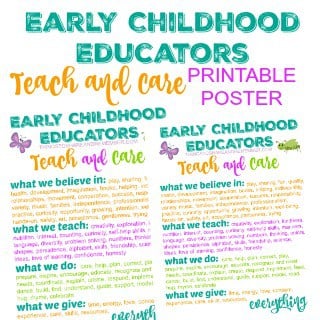
Credit: www.thingstoshareandremember.com
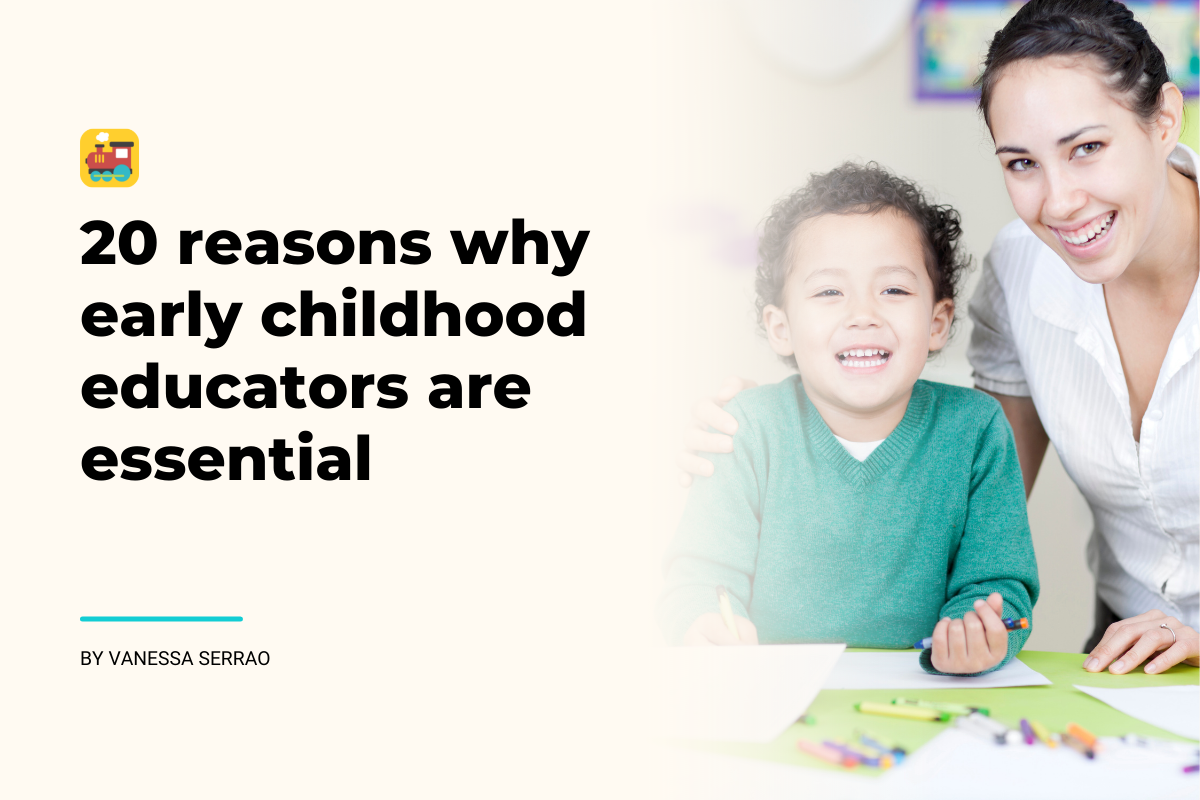
Credit: www.himama.com
Frequently Asked Questions
What Are The Roles Of An Early Childhood Educator?
Early childhood educators nurture, educate, and support young children’s development through play-based learning activities. They create a safe and stimulating environment, observe and assess children’s progress, and collaborate with families to ensure holistic growth.
What Do Early Childhood Educators Teach?
Early childhood educators teach young children foundational skills, such as language, social interaction, and cognitive development. They also focus on fostering creativity, emotional intelligence, and physical coordination through play-based learning activities.
What Is The Role Of The Early Years Educator?
Early years educators support children’s development through play, learning activities, and fostering social skills and creativity.
Which Of The Following Roles Does An Early Childhood Educator Have?
An early childhood educator has roles such as fostering development, creating safe environments, and facilitating learning.
Conclusion
Early childhood educators play a crucial role in shaping young minds and setting a strong foundation for future learning. Through a combination of nurturing, teaching, and guidance, they help children develop essential skills and knowledge that will benefit them throughout their lives.
Their dedication and passion make a significant impact on the lives of children and their families.
Lorem Ipsum is simply dummy text of the printing and typesetting industry. Lorem Ipsum has been the industry’s standard dummy text ever since the 1500s, when an unknown printer took a galley of type and scrambled it to make a type specimen book.



